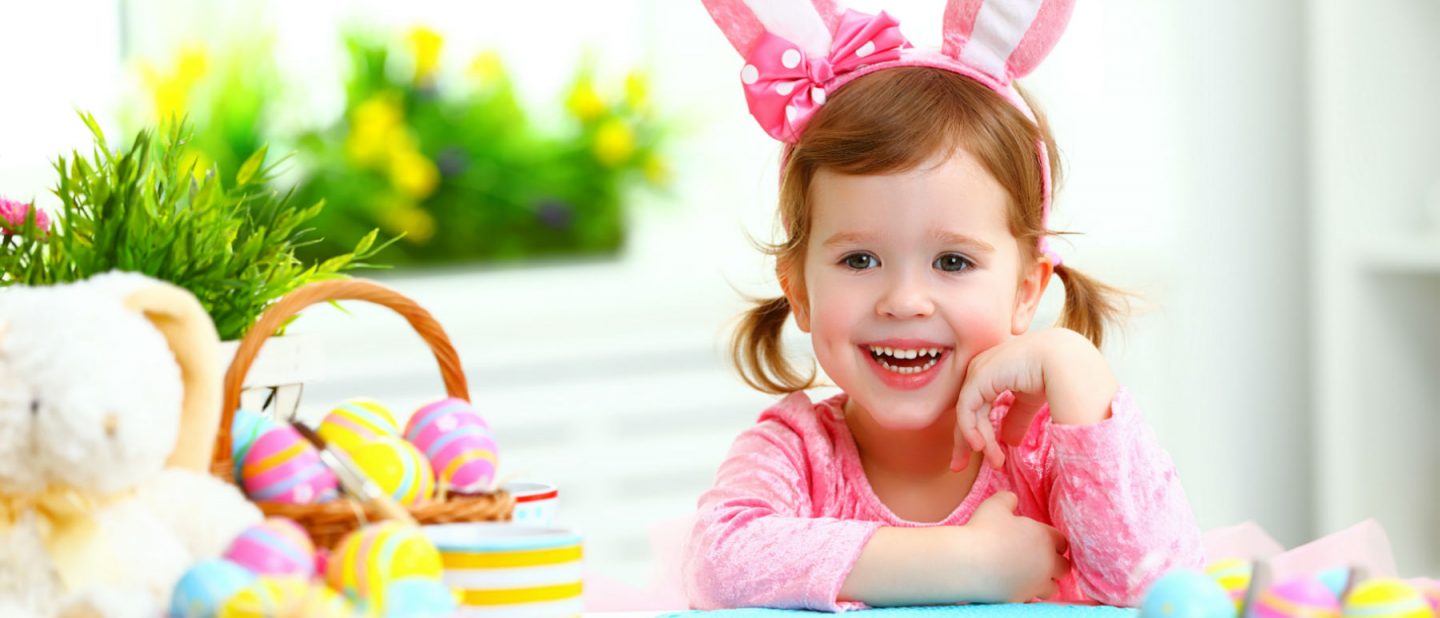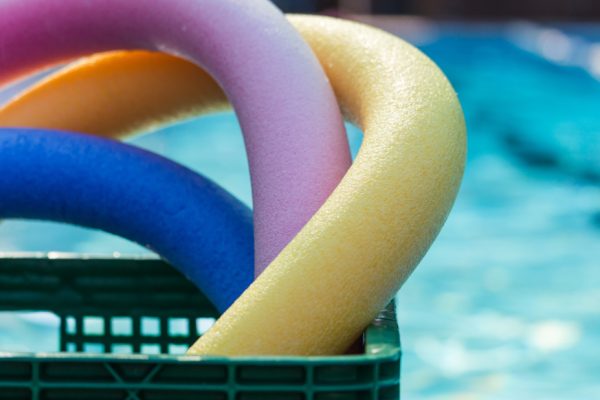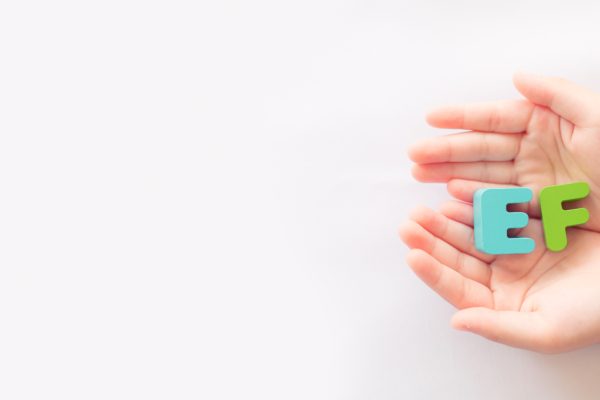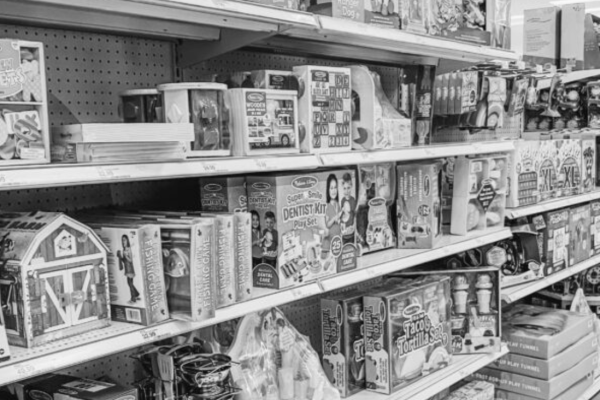
6 activities for the Easter holidays to boost your child's literacy skills
The Easter holidays typically signal the end of term one for students across Australia. Many parents, especially parents of preppies have battled their nerves and attended their first parent/teacher interview. And the report card says…… for a large number of children early literacy skills are not at the level necessary to support the easy acquisition of reading and spelling.
According to Australian Bureau of Statistics almost 50%of adults do not have literacy skills at a level high enough to cope with occupational reading and writing demands and “reading for pleasure may not be possible” (abs.gov.au).
While we “teach” children to read when they start school, literacy learning starts from birth. Many of the foundational skills develop before a child is 4 years old.
Focussing on these early skills can give your child a head start when it comes to literacy and can also be helpful to revisit if reading and spelling is a bit tricky.
1. Explore sounds
Helping children think about sounds is a great way to help them build up the capacity to remember sounds, recognise sound patterns, and hold sounds in their working memory. Using the letters of the alphabet, talk about the sound each letter makes and then talk about the sound. Is it a long sound or a short sound? Is it a loud sound or a soft sound? How do we use our mouth to make the sound? Do we use our lips? Our tongue? Our teeth? How are sounds similar? How are they different.
2. Accentuate the syllables
Breaking words into syllables and learning syllable patterns is an important skill for children to learn so they can attack and work out big words instead of skipping over them or guessing. Syllable activities are heaps of fun. First of all google a list of 2, 3 and 4 syllable words then get out your pans and wooden spoons and bang out the beats. You could draw a hopscotch on your driveway with chalk and see how many words it takes to get to the end (1 syllable = 1 hop). Syllable tag is a fun game for the car. Pick a word and tell everyone the word then take turns to say one syllable each until the word is finished.
3. Sing Sing Sing
Many parents report that their children who have trouble with reading and spelling also had trouble learning the words of nursery rhymes and songs at a young age. Singing these songs over and over help children become aware of rhythm which helps with reading fluency and rhyme an essential skill for learning spelling patterns. Why not try singing the fist line, and the start of the next but stop and allow your child to finish the rhyme eg hickory dickory dock, the mouse ran up the…….(clock)
4. Take off
Helping children discover that big words are often made up of little words joined together can help to build up their confidence to have a go at working out big words. Compound words are perfect for take off activities. Make a list of compound words. Write one word at the top of a page (eg cupcake) and draw a picture for each part (☕️ 🎂). Then ask what would cupcake be if we take away cup? What would cupcake be if we took away cake?
5. Eat your words
Why not use carrot sticks or beans or grated cheese or sultanas to make letters. Write the letters on paper and lie the food on top or make the letter next to the written example using it as a guide only. Start with the letters in your child’s name. Name the letter and make its sound as you go. When the letters are made, give your child an instruction “Eat the /k/, have two bites of your /s/.
6. Read
This sounds like an obvious suggestion but research shows that reading to your child is one of the most powerful ways to help your child build a solid foundation for their own reading and writing journey. Try pointing to the words as you read them to help your child build up an awareness of text and word/text relationships and for simple stories your child is familiar with, see if they can point to the text as you read. The weather is getting cooler so why not snuggle up together these holidays and trying some of these strategies- enjoy!!
Kylie Martin is a speech pathologist at Chatter-boxes Speech Pathology Services. For advice or information on speech and language development, play, feeding or social communication visit www.chatter-boxes.com.au






